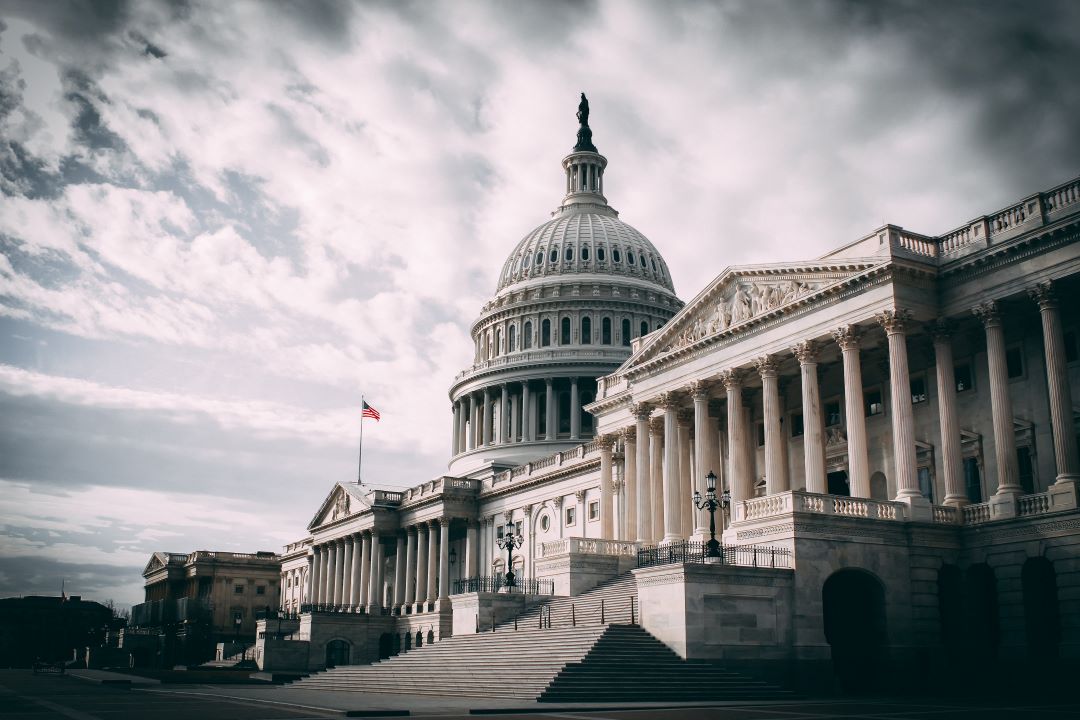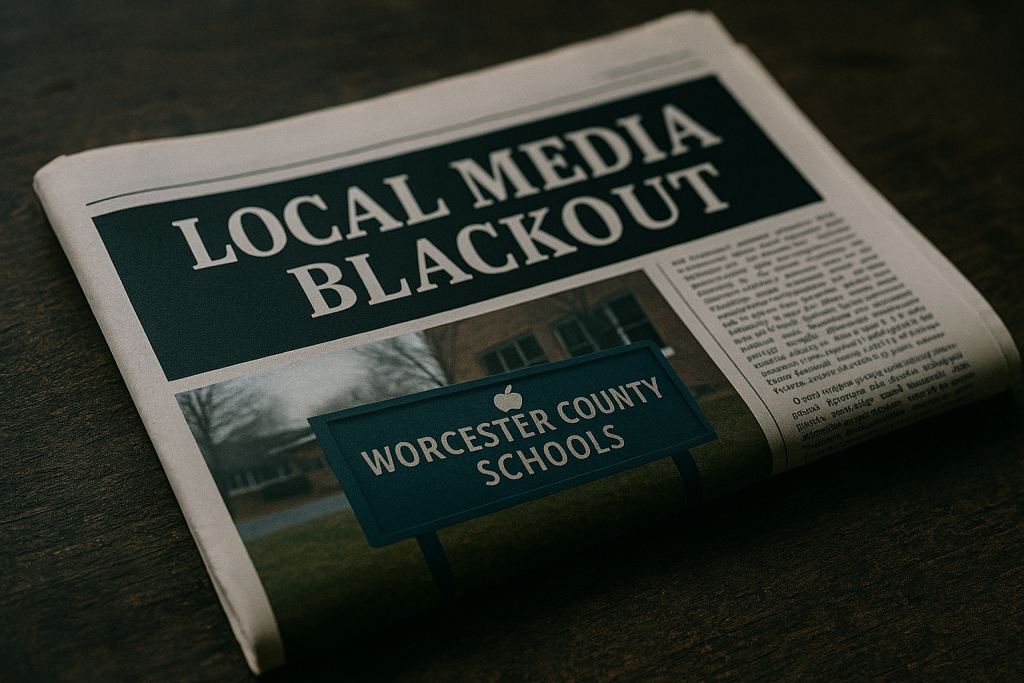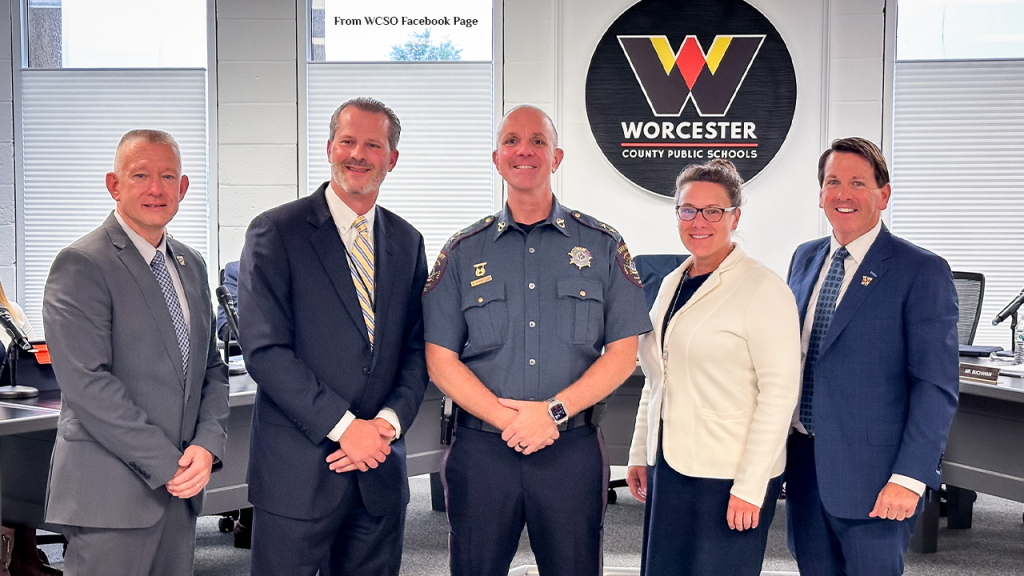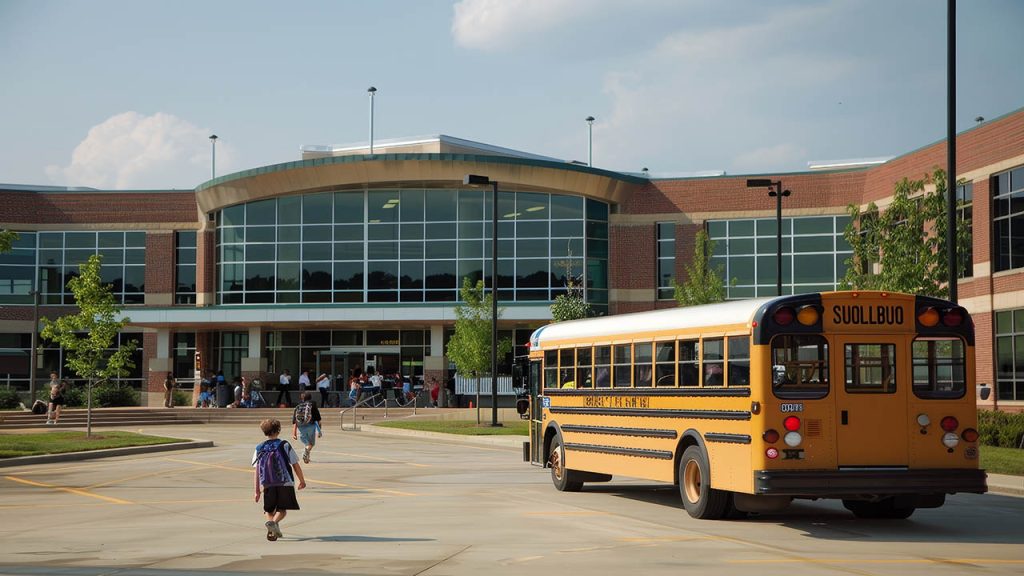

Navigating the Educational Landscape in 2024: A Year of Shifting Priorities and Emerging Trends
In the realm of education, the year 2024 promises to be a dynamic landscape, marked by debates, challenges, and evolving trends that capture the attention of educators, policymakers, and communities. The reverberations of discussions surrounding student discipline, school safety, teacher pay, artificial intelligence, standardized testing, from the preceding year are anticipated to shape the narrative in state legislatures and on Capitol Hill.
Reflecting on 2023, it served as a prologue, setting the stage for the educational narrative unfolding in a presidential election year. The focus in the previous year revolved around teacher pay, emphasizing the need to address compensation issues and boost bipartisan support across 26 states. Simultaneously, the advent of generative artificial intelligence, such as ChatGPT, introduced a new facet to education, prompting lawmakers in the U.S. House to recently propose the “Artificial Intelligence Literacy Act.”
While these themes are likely to persist in the educational policy landscape of 2024, the stage might not be as prominent in the broader context of the 2024 election. Priorities such as the economy, immigration, healthcare, and global conflicts are expected to take precedence in public discourse, casting a shadow over education.
However, 2024 is expected to bring legislative changes that will leave a lasting imprint on schools, with some contentious issues possibly losing their fervor. A key theme likely to reclaim attention is the critical aspect of student discipline and school safety. The educational community grappled with these challenges in 2023, prompting discussions and initiatives to create safer and more conducive learning environments.
Discussions around student discipline will continue to be crucial as schools seek effective strategies to address behavioral issues while ensuring a fair and supportive disciplinary framework. Similarly, the focus on school safety will remain paramount, with educators, policymakers, and parents collaborating to implement measures that safeguard students and staff.
In 2024, the critical issue of student discipline will not only shape the learning environment but will also have profound implications for the teaching profession. The challenges associated with student discipline have, in some cases, contributed to a concerning trend of teachers leaving the profession. The complexities of managing disruptive behaviors, coupled with the demands of ensuring a safe and inclusive classroom environment, have taken a toll on educators. The departure of experienced teachers, often attributed to the strain of navigating student discipline issues, underscores the urgency for comprehensive strategies that support both students and teachers. As policymakers and education stakeholders address student discipline concerns, a parallel emphasis on fostering a positive and supportive teaching environment becomes essential to retaining skilled educators and sustaining the quality of education.
The evolving landscape of student success measurement is undergoing a paradigm shift, with seventeen states embracing a portrait of a graduate. This outlines characteristics that define a successful student leaving high school, emphasizing a holistic approach to education. Additionally, competency-based learning gained traction in Wyoming, signifying a departure from traditional seat-time evaluations. Similarly, through-year testing models are being piloted in states like Montana, offering a more nuanced assessment of student skills throughout the academic year.
In conclusion, as education takes its place in the intricate dance of policy and societal shifts in 2024, educators must navigate a dynamic landscape, adapting to legislative changes and emerging trends that will shape the future of learning and teaching, with a renewed emphasis on student discipline and school safety.
Dig Deeper With Our Longreads
Newsletter Sign up to get our best longform features, investigations, and thought-provoking essays, in your inbox every Sunday.
The MEN was founded by John Huber in the fall of 2020. It was founded to provide a platform for expert opinion and commentary on current issues that directly or indirectly affect education. All opinions are valued and accepted providing they are expressed in a professional manner. The Maryland Education Network consists of Blogs, Videos, and other interaction among the K-12 community.














